It used to be you had to get in close to hear Father Paul Wierichs speak. For two years the former FBI chaplain couldn’t talk above a whisper. Now he is a little louder, but very hoarse; though he still struggles to swallow you can at least hear his voice. Bell’s Palsy keeps him from moving the left side of his face, and he has a difficult time seeing out of that eye. His scalp is bandaged where the doctors removed a growth. There’s cancer in his prostate, too. He’s still held onto a good amount of hair for his age and his troubles — but he expects to lose it to surgeries by the end of the month.
“I wore my collar on 9/11,” Father Paul recalled on a frozen January morning in Queens. “I had to throw them out, because they were covered in dust. I pulled out my FBI credentials from my back pocket and opened them, and the dust poured out. I said to a friend of mine, a Lutheran chaplain, ‘Steve, twenty years from now both of us will be down with cancer and none of us will care at all.’
“And he has the same kind I have. In the throat.”
It’s been more than two decades since he rushed along empty highways toward New York’s smoking skyline, a red light flashing on his dashboard. It’s been forty-six years since he was ordained a Passionist priest. March 2024 will mark Easter, as well as the sixtieth year since he joined the order. Father Paul has lived in the same monastery for the past five years while he’s undergone treatments at nearby hospitals. Sixteen of his FBI colleagues have died from cancers tied to exposure at Ground Zero so far, he says.
He’s dressed casually, in the black of the Passionists, a Catholic religious order devoted to the suffering and death of Jesus Christ. His long-sleeved polo bears the Passionist sign: a white cross above a heart with three nails, and the words “Jesu XPI Passio.” It’s a striking symbol, given to St. Paul of the Cross in a vision more than 300 years ago.
Few in the age of Twitter and Tinder volunteer for a life of mourning and meditation on the agony of Good Friday. Father Paul embraced the severe penances required by the order. The strikingly handsome young priest — pictured in snapshots offering the Sacrament, firing a rifle and laughing with friends — is an old man now.
Flipping through gruesome cellphone pictures of his latest surgeries with a chuckle, he pauses. Among the poorly lit hospital selfies is a picture of Christ wearing the crown of thorns, sweat, blood and dirt dried down his face. An artist’s painting of the eternal sacrifice which redeems us, and which is one thing that’s remained unchanged.
“I meditate on this,” he mutters.
The order’s founder, St. Paul of the Cross, called on his priests to take a fourth vow in addition to chastity, poverty and obedience: that they must preserve the memory of Christ’s passion among the faithful. The mystic was revered in his day for his service to the poor and public preaching. “Suffering is a great gift which God grants to the soul to make it a spotless robe of purity,” he told the people of eighteenth-century Italy. That wisdom echoed through the ages. Father Paul may not have asked for his trials, but he accepted them that day in 2001, standing over the fiery crater, an acid smell in the air, with the sun blacked out by cancerous ash.
The downtown Brooks Brothers store had been turned into a morgue. Suit bags filled with what meager parts of humans could be collected were laid across the floors. It was too late to anoint the sick, so he blessed the remains collected in the bags.
The terrible work stretched into weeks. Day after day, Father Paul and Lutheran Revd Steven Unger returned to bless the dead and comfort those left sifting through the rubble, leaning on God and each other. “I’d see the firefighters coming out of the hole and stopping, and they’d take their helmets off and stand at attention,” Father Paul remembers, “and I would bless the body of that firefighter they’d brought up.” He still wells up at the memory.
It’s good for young boys to look at the firefighter who rushed toward danger and want to be like him. We rightly value his service. It preserves heartbeats we can measure and lives we can count. It is both in this world and of it, even when touched by a sacrificial heroism that comes from somewhere we cannot measure or count. But what of the other first-responder? The priest praying over those men, hearing their confessions and burying our dead? We once held these men up as heroes, not curiosities. During the pandemic, they were even villainized while other first-responders were lauded; some hospitals barred them from ministering to the sick and dying.
Such actions would have been unthinkable at Ground Zero, let alone in the era in which Father Paul joined the Passionists alongside 200 other young men. But then those were heady times to be a clergyman. World War Two is heralded for the GI Bill and the mass movement of young men onto college campuses — though only one in eight veterans actually enrolled. It is often overlooked that the horrors of war nearly overwhelmed the stateside training grounds for priests. The trend continued over the ensuing decade. “American seminaries were filled to bursting in the postwar years,” historian Leslie Woodcock Tentler writes, “when new seminaries were opened and existing ones being expanded at a rate never previously equaled.”
But after the Second Vatican Council, a spirit of reform shifted the rock so many of those men had sought. Reformers hoped to revitalize a church they believed had grown tired, but the direction left many unsettled. “What,” Woodcock Tentler wonders, “did priesthood mean in a world where Christian witness was more and more understood in terms of tangible services to humanity? Why be a priest rather than a physician or a lawyer or even a community organizer? Why was the confessor’s role self-evidently superior to that of a psychiatrist?”
While some men, like Father Paul, thrived, many others left the clergy and the church altogether. They married, had children, gave in other ways to their communities. But they didn’t sit in a small room in Jamaica, Queens to hear the confessions of the five Catholics who trooped through this January snowstorm to seek God’s forgiveness.
“Some come because they are lost,” Father Paul says. “But many more come because there is something more to look for.”
A strong faith, Father Paul indicates, should be accessible, but it’s unlikely ever to be easy. Father Paul entered seminary in only his third year of high school, around age sixteen. He is now seventy-nine, facing a terminal cancer diagnosis — and yet at ease. What prepares a man to suffer death well?
“I have fallen in love a couple times,” he volunteers, late in the afternoon. “I was best friends with the girl across the street. I almost left and married her.”
She was a nurse; he was a young man who’d committed himself to chastity when most other kids are just discovering sex. “I prayed and I prayed and I prayed,” he remembers of this trial. “But I made a vow.”
She’s married now to a doctor. He’s best friends with them both. I asked him if he felt any sadness on their wedding day, but the answer was an affirmative no. His was an oath to God, he says, not the plot of a country song.
“I had that moment where I looked over the side of the fence. I haven’t broken my vows, but I was tempted many times. If I wasn’t I wouldn’t be human,” he says.
The morning I visited, Father Paul had delivered a homily to young and retired priests, as well as the order’s brothers — an audience he relishes since “the biggest skeptics in life are priests,” Father Paul says. He told them of the miraculous story of Grace, whom he’d baptized twelve years before. She’d suffered a great deal since a brain injury but had just been healed by an ordinary-looking man who introduced himself as a plumber named John Paul. “Can I pray over you?” the stranger asked the frightened young woman.
He’d been prayed over himself, particularly after his diagnoses. “People think when you’re prayed over you’ve got to have instant healing, like Grace. Maybe I have the healing I need. You see how much better I am doing: now I can speak, I’m walking, I can eat. So, God heard the prayer, but maybe not the way they want it to be heard or I want it to be heard.”
“God whispers to us in our pleasures, speaks in our conscience, but shouts in our pain,” C.S. Lewis wrote. Pain, he said, is God’s “megaphone to rouse a deaf world.” Father Paul has kept his ear pressed to that megaphone for decades. “By the grace of God, I’m still alive. And I will never feel sorry for myself,” he says.
Father Paul’s carried his cross for sixty years now, alongside students and sinners and heroes alike, and through trials and struggles both earthly and spiritual. He has seen death, plenty of it, but one in particular has stuck with him all these years.
Moving from the makeshift morgue on that Tuesday afternoon in September 2001, Father Paul and Revd Unger ducked into nearby St. Peter’s when something caught their eye. It was his friend, FDNY chaplain Father Mychal Judge. He had been blessing the dead when a jumper landed on him. Firemen and volunteers carried him into the church, laid him before the altar and covered him in a sheet. On top, they’d placed his badge and priest’s stole. “I said he died the way any chaplain would want to die,” Father Paul says. “He died with his men.”
Father Judge’s body was tagged “0001,” the first registered death of the attack. The priest who looked down upon his body at the altar that afternoon might someday be the last.
This article was originally published in The Spectator’s March 2024 World edition.










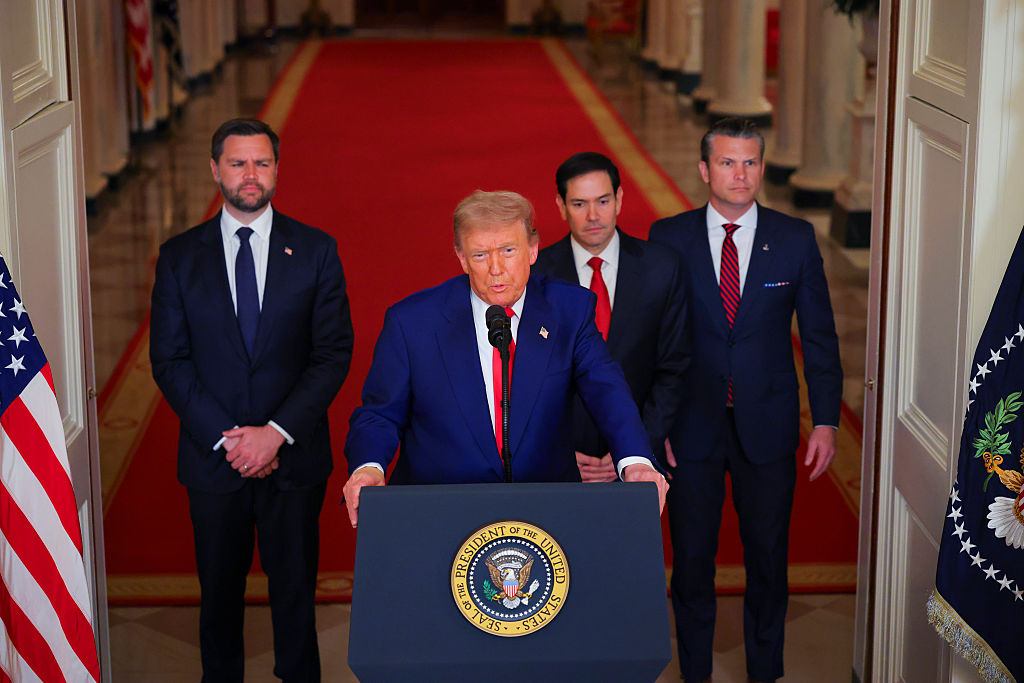
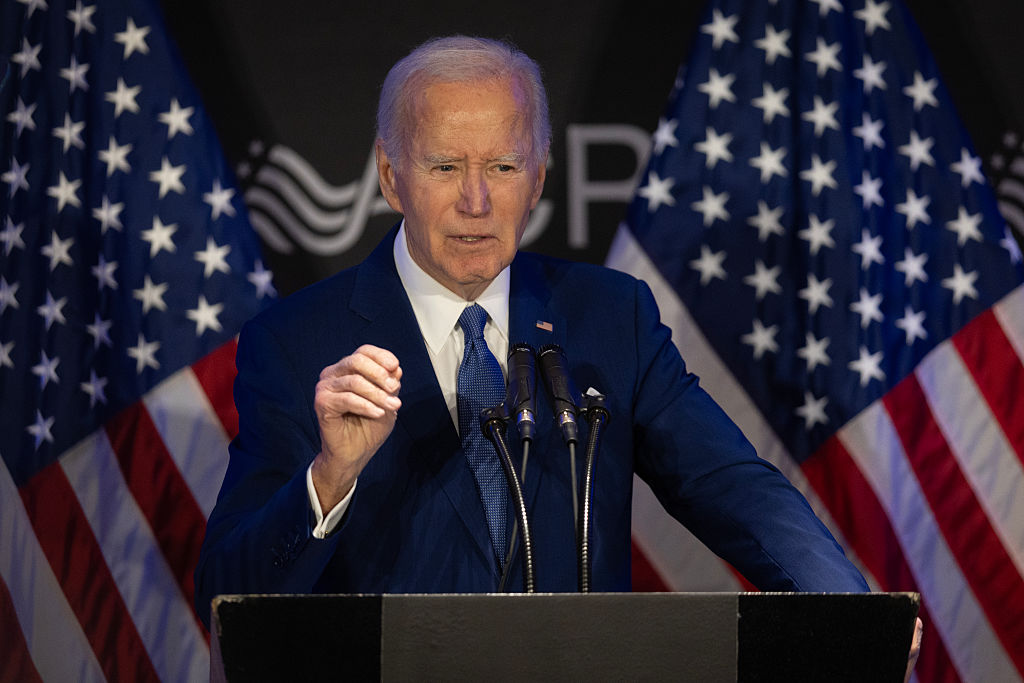
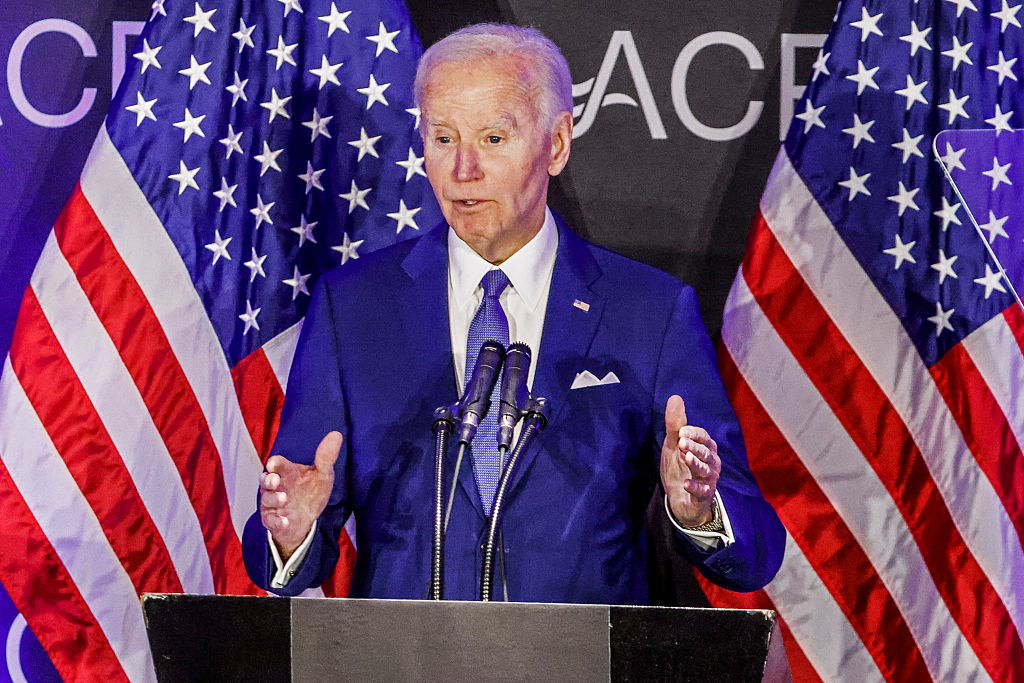
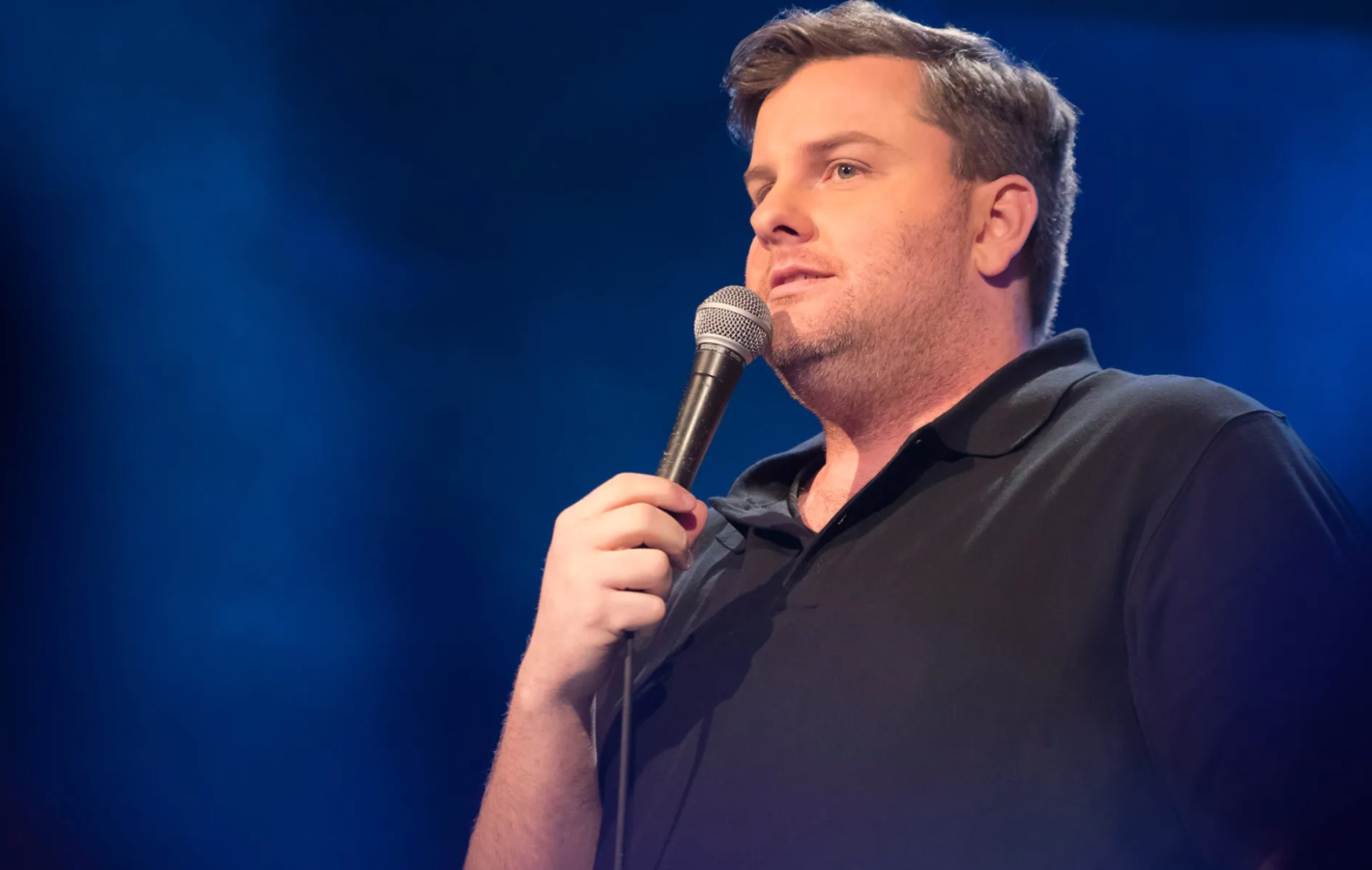
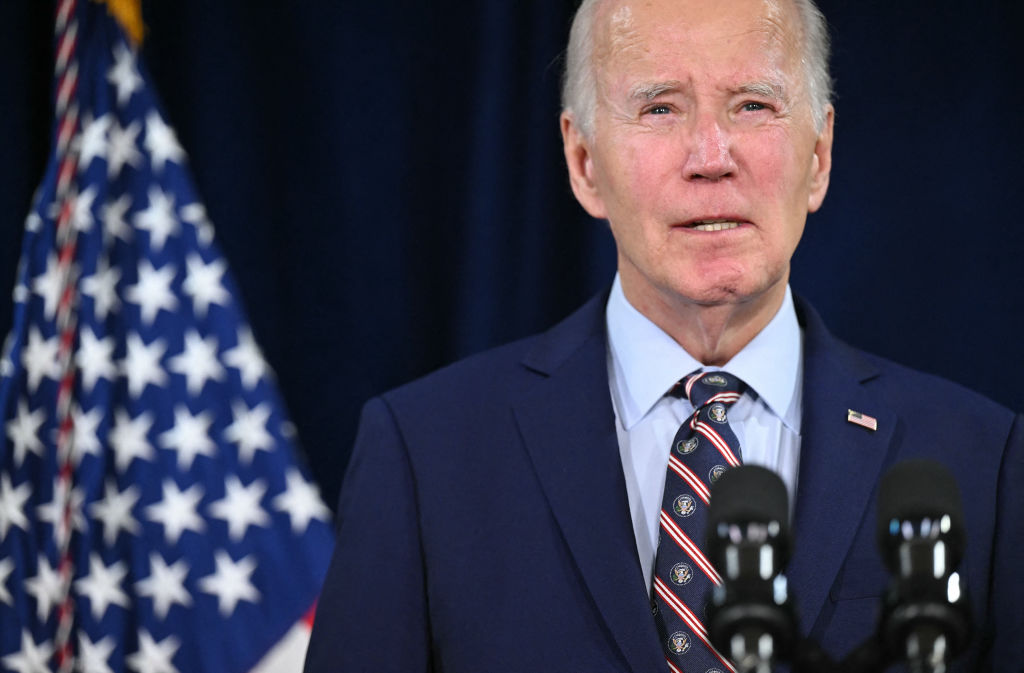
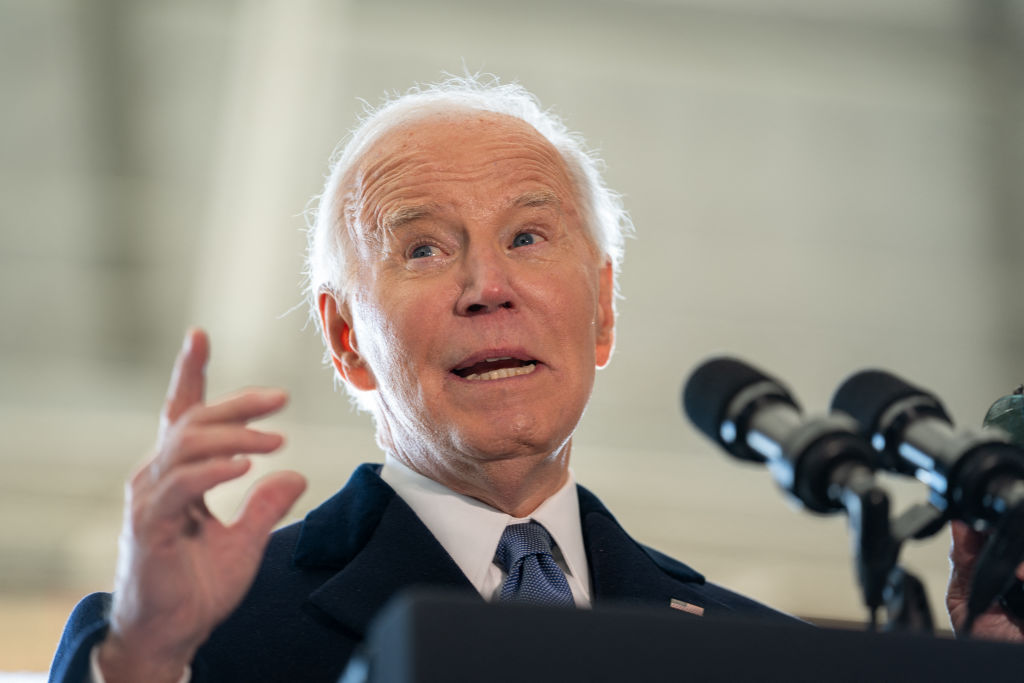







Leave a Reply